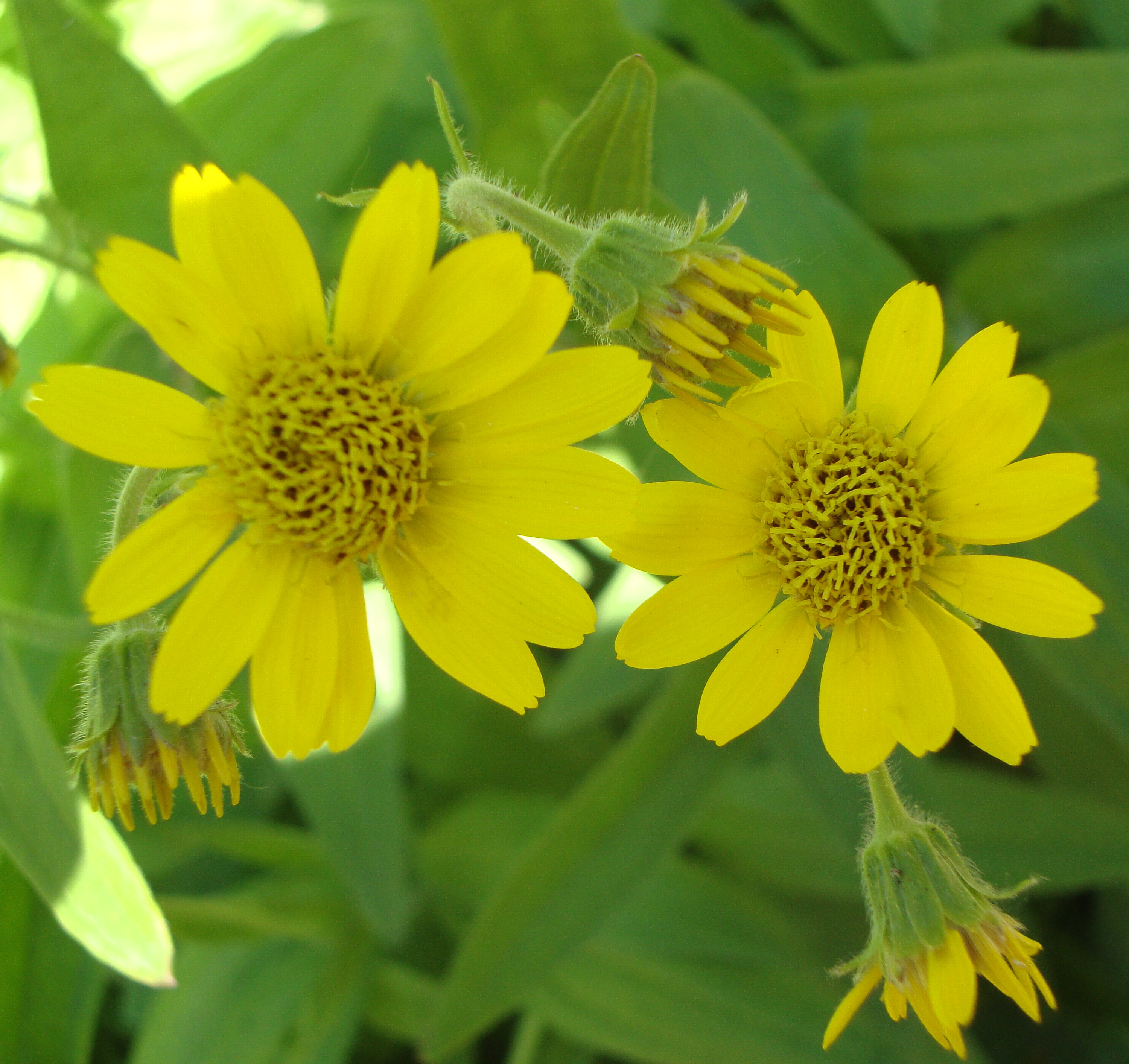Most people today who have heard of Homeopathy or Homeopathic medicine, know little about its history. For many who are being recently introduced to Homeopathy, it sounds like a mysterious foreign language, and in a way, it is. The word “homoios” in Greek means “the same” and “pathos” means “suffering” in the Greek language. “The same suffering” or “similar suffering” is the philosophy by which Homeopathy was built. The founder, Samuel Hahnemann, subscribed to the pharmacological principle, “the law of similars”.
Before we move on to some of the most common Homeopathic medications, particularly for beginners, let’s speak a bit about “the law of similars”. In simpler terms, this law means “like cures like”, in other words you can be cured by the natural substances that mimic the symptoms of the present ailment. If you are ready to begin exploring the world of natural medicine, here are six of the most common Homeopathic medicines for your natural medicine cabinet.
Arnica
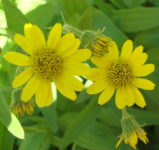
Arnica is The Homeopathic pain medicine. Used to help heal and diminish the pain that professional athletes experience, Arnica has become the #1 sports pain medicine in the industry. You don’t, however, need to be a professional sports player to benefit from having Arnica in your Homeopathic arsenal. Arnica is good for all levels of pain and just as effective on minor twists and sprains. It is otherwise referred to as the “mountain daisy”.
Chamomilla

Chamomilla is most commonly known as (Chamomille) in its tea version. Anyone who has ever had trouble sleeping knows about chamomille tea. Many tea brands have labeled it as “nighttime tea”. Drinking chamomille is one of the safest and most natural ways to fall asleep at night. It is gentle, and with a touch of honey, has a beautiful flavor. A number of parents with young children use the Homeopathic chamomille solution to put irritable and cranky children down for a good night’s sleep. This Homeopathic medicine is a godsend for parents and their children.
Ignatia (St. Ignatius Bean)
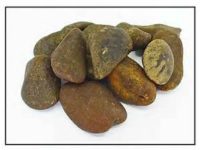
Homeopathy does not just treat physical ailments, but has also moved into the area of mental stress, grief, anxiety, and other challenging and debilitating emotions, such as, depression. Since every person deals with these emotions differently, some will allow them to pass through their bodies in a more gentle way, while others may get stuck in these emotions and create an acute illness that ultimately affects their health. There are some Homeopathic practitioners who feel that Ignatia may be used one day in modern psychiatry.
Nux Vomica (Poison Nu
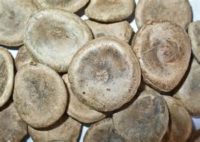
Nux Vomica can be considered the medicine for those with vices. It is often used for the after effects of recreational or conventional drugs. This Homeopathic medicine heals what ails you, when it comes to alcohol hangovers, binge eating and drinking. We are a world filled with vices from which to choose and many people have given in to one or the other. Nux Vomica, oddly called the “poison nut”, is the main Homeopathic cure-all for these after effects.
Rhus Tox (Poison Ivy)

Just about everyone knows what poison ivy is, and many unfortunately have experienced the pain and itch from contact with this plant, but as we stated earlier, Homeopathic philosophy is based upon “like cures like”, and so, many of these medicines may seem a bit strange. This is why it is vital that a curious or new practitioner should do their homework on each Homeopathic medicine they intend to use. Rhus Tox or poison ivy is used for pain that accompanies arthritis or sprains. There are practitioners who have administered Rhus Tox to flu patients with very effective results.
St. John’s Wort
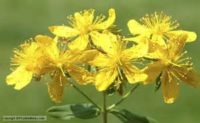
St. John’s Wort is becoming one of the most popular natural medicines around today. This is the Homeopath go-to medicine for many types of nerve pain. Pinched nerves in the shoulder and back areas, and shooting pains in the hands and feet, affecting mostly the fingers and toes. St. John’s Wort is also becoming greatly known for its health benefits when it comes to depression and anxiety. This is another Homeopathic remedy that may end up at your psychiatrists’ office in the near future.
How you take care and maintain your health is a very personal decision. We live in a time when there are many more options than familiar conventional medicine. It is wise to consider all options and if you are under a conventional doctor’s care, be certain to consult him or her about the additional choices you are making concerning your illness or your overall health.
References: Ten Common Homeopathic Medicines. Photo Credits: Holistic Homestead, Unsplash Free Commons, Wikimedia, Transforming Life Now, Sturdy for Common Things, Stuart Xchange
